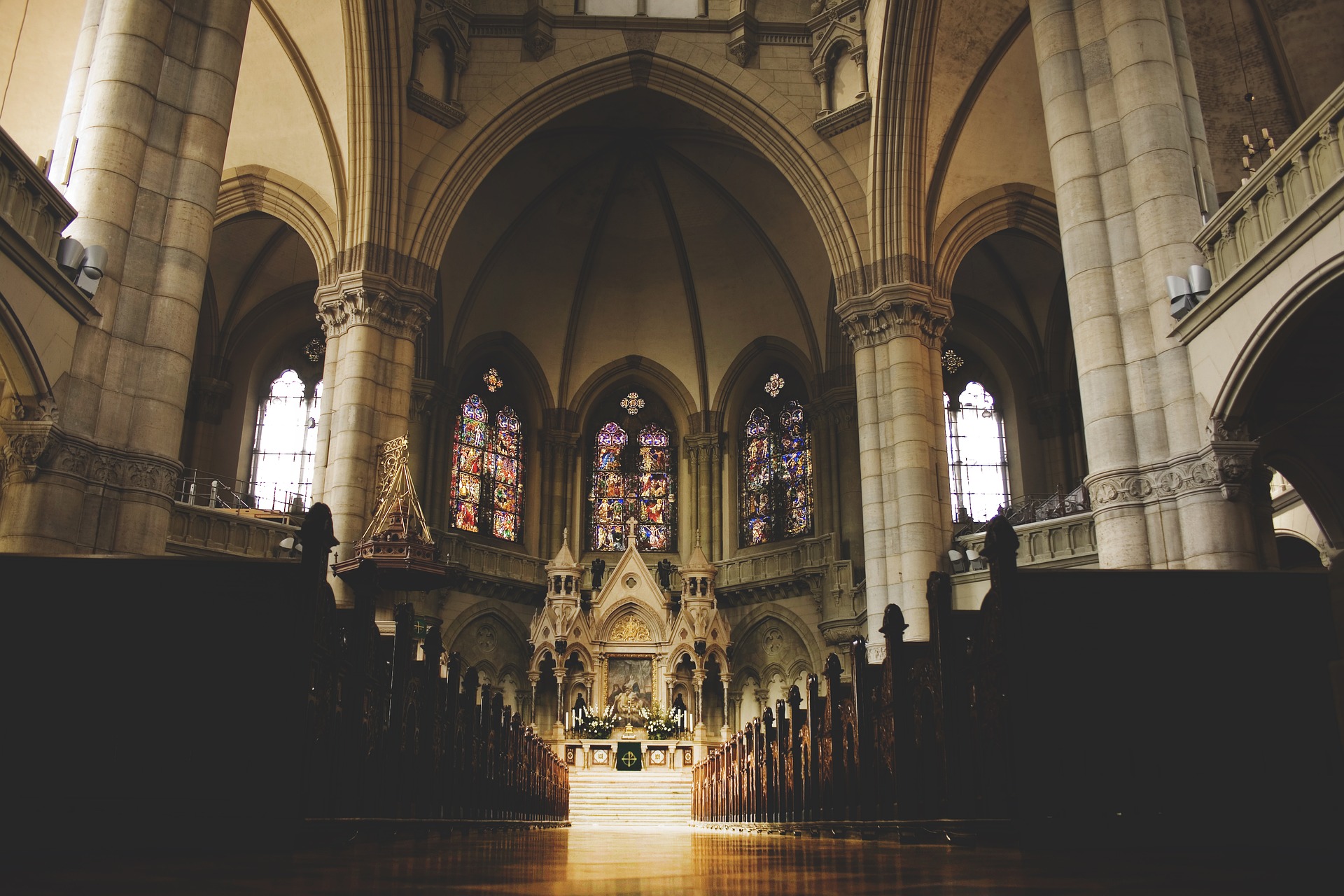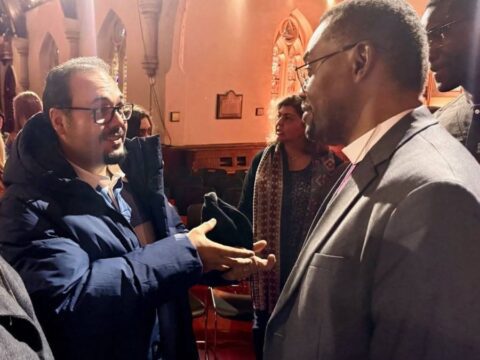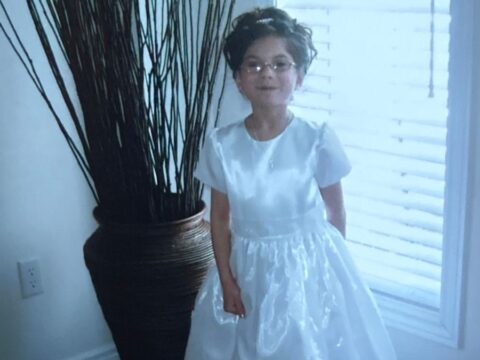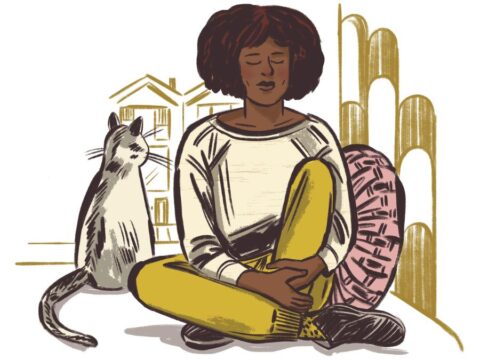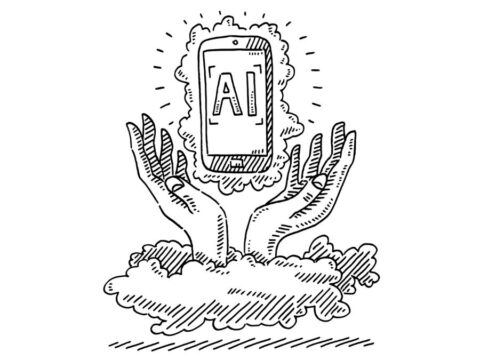I have often said in a sing-songy way, “I left the church that would have ordained me and joined the church that seemed to disdain me.”
The truth is I didn’t intentionally leave the United Church when I officially became a Roman Catholic in 1978, at least not the way people leave their faith communities these days for their varied and mostly valid reasons. Another truth is I didn’t know at the time that the Catholic Church wasn’t a big fan of women in leadership or LGBTQ2 inclusion. I also didn’t know it was covering up sexual abuse or that those three things would eventually matter so much to me.
You may unsubscribe from any of our newsletters at any time.
What did matter when I walked into All Saints Parish in Strathroy, Ont. at the age of 15 was that I had landed in a place where I found refuge for what was becoming a cruel world in my queer, teenaged head.
Thankfully, my parents had given me a good grounding when they had me baptized as a baby at St. John’s United in Stratford, Ont. The baptismal certificate is right there, on the second page of the scrapbook they lovingly created for me. On the first page is a letter dated Nov. 16, 1962, from the Perth County Children’s Aid, sent to them while they were vacationing in Florida. It announces my earthly arrival three days earlier and invites them to trade in their umbrella-drinks and beach gear for formula and diapers.
Those two pages provide the roots to all that would follow. Knowing two people chose to bring me into their home and love me the very best they could, unconditionally, has given me sure footing. Knowing I had Jesus on my side was a life saver.
My parents stopped going to church when I was still in the single digits — but I was hooked. I went to Sunday service with various neighbours as often as I could: Presbyterian with the Smiths, United with the Butlers, Baptist with the Wiltons. But never a Catholic mass until I hit high school and my best friend said, “Come and see.”
“The struggle isn’t over, but I have found the tools I need to face the darkness in my life”
I have never left. I found deep comfort in the words, songs and actions that formed the rituals of mass. I loved all the “smells and bells” in our robust liturgies. The nuns and priests empowered me by involving me in music and readings. They shared their prayers and wisdom and assured me, as in Psalm 139, that I was fearfully and wonderfully made.
That idea was a contradiction to how I was experiencing the world. I wasn’t thriving in high school, for myriad reasons: ongoing trauma related to many #MeToo experiences during elementary school, my stepbrother’s death by suicide when I was 17 and my increasing understanding of how being a lesbian was going to negatively impact me. I’d already been banned from two of the big Catholic family homes I used to visit. The parents were concerned, given my propensity to wear overalls and short haircuts, that I might corrupt their daughters.
While mass became part of my daily spiritual routine, so did alcohol and pot. Seeing me struggle, my mom worked with my parish priest to get me out of town to attend Mount St. Joseph Academy, a Catholic high school in London, Ont., when I was 17. There, some very good Sisters nurtured me and introduced me to a larger world view of social justice and liberation theology.
I went on to university, graduating with a religious studies degree and, through a series of graces, worked for 14 years in parish ministry. The struggle isn’t over, but I have found the tools I need to face the darkness in my life, in the church and in the world, and try to turn it into light.
So while it’s true I left a church that may have ordained me, I am grateful I joined a church that has sustained me.

